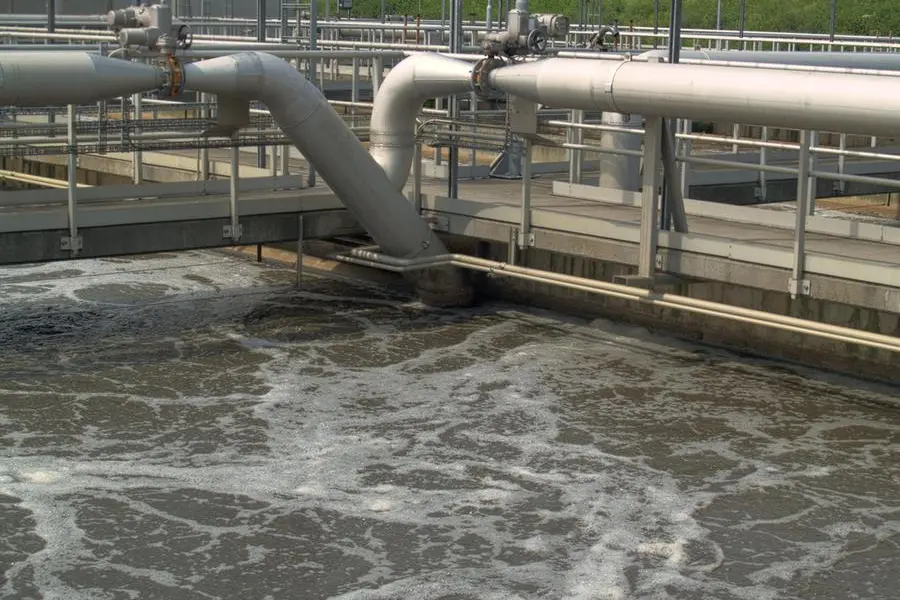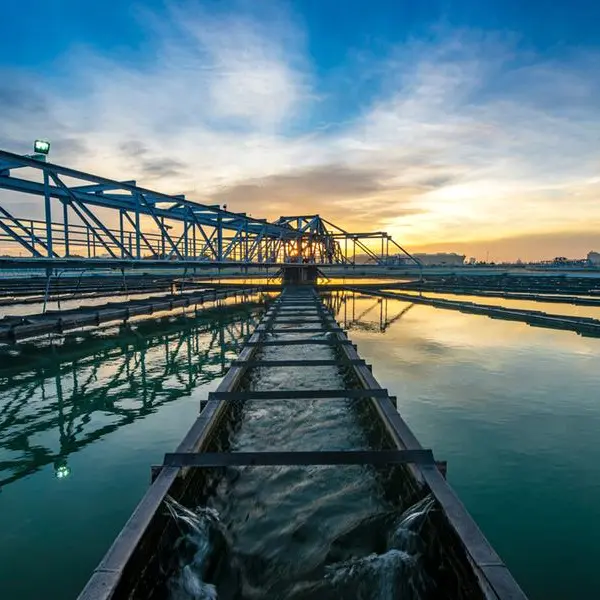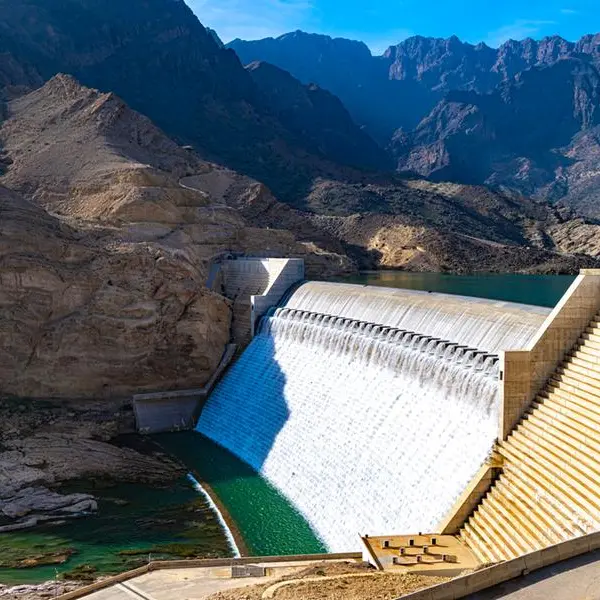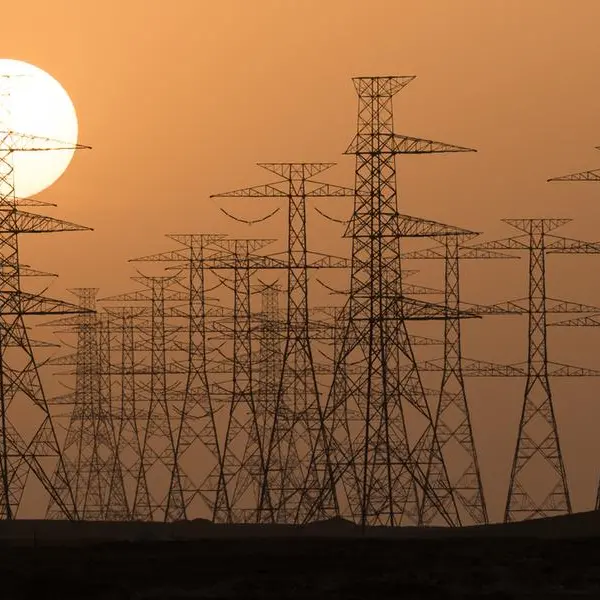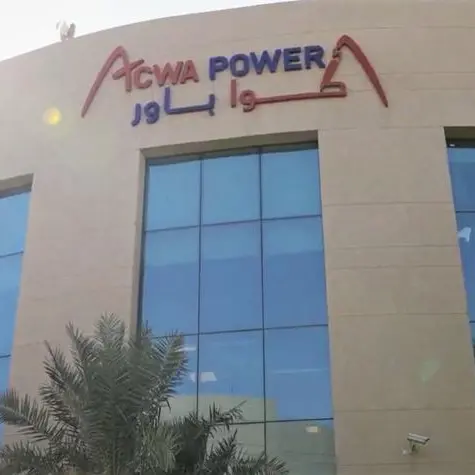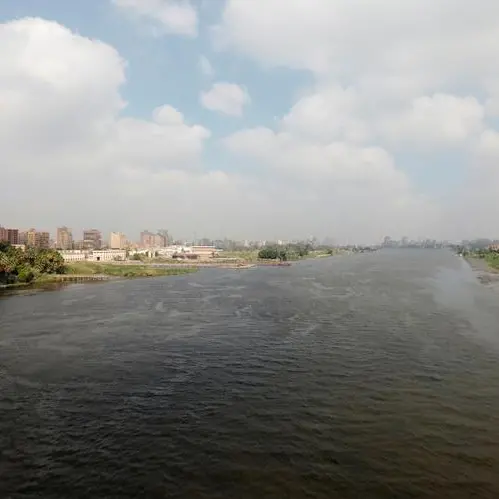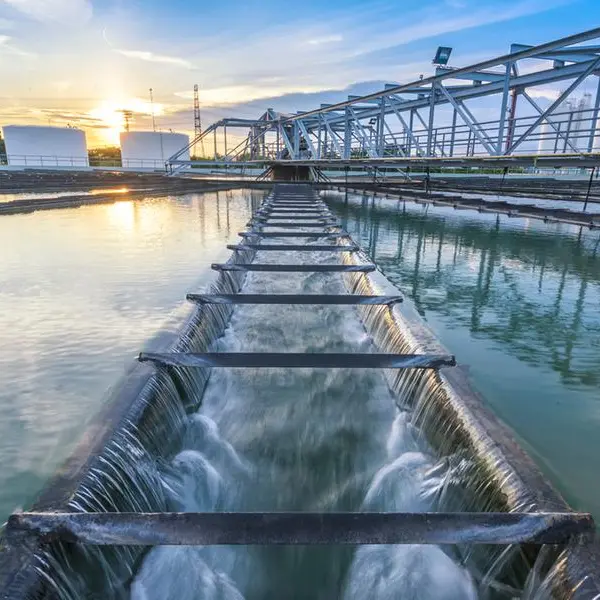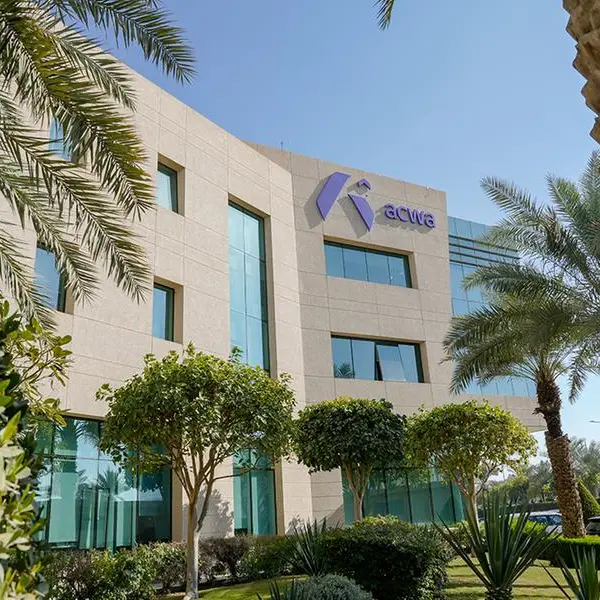PHOTO
The Tunisian government and the World Bank signed a €113.6 million loan agreement for the Tunisia Sanitation Public-Private Partnership (PPP) Support project, which aims to improve the quality of wastewater management services in specific regions of the country.
The activities of the Tunisia sanitation PPP support project will be structured under three components: wastewater management infrastructure rehabilitation and retrofitting, supporting the implementation of wastewater infrastructure renovation; wastewater management infrastructure operation and maintenance; and institutional strengthening and project management, by supporting ONAS, the national sanitation public company, in improving its capacity to develop, manage, monitor, and report on PPP transactions.
The project aims to strengthen the capacity of the national sanitation public company (ONAS) to effectively manage PPP contracts related to the provision of sanitation services.
"This project will support improved water supply and sanitation services for an estimated two million direct beneficiaries – more than 500,000 households - in six governorates during the ten years of implementation, with around half being women and girls," said Alexandre Arrobbio, World Bank Country Manager for Tunisia. “Given its long-term involvement in the sector and the continuous support provided to ONAS, since its creation in 1974, through eight World Bank-financed projects, the World Bank is well placed to support this initiative.”
The project is also well aligned with the support of other development partners to ONAS, such as the French Development Agency (AFD), the Islamic Development Bank, and the governments of Germany and Japan.
Challenges faced by Tunisia with regard to water supply and sanitation services include:
- About 360,000 people are still using unimproved sanitation services
- Most of the population without access to sewerage live in rural areas
- Wastewater generated by more than 1.7 million urban residents remains untreated
- 24 percent of wastewater treatment plants managed by ONAS were operating above their hydraulic capacity
(Writing by SA Kader; Editing by Anoop Menon)
(anoop.menon@lseg.com)
